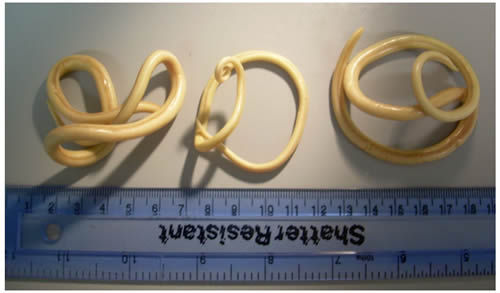Strain of E. coli may offer protections against its more malevolent cousins.
- SIGMABIOL

- Jul 11, 2020
- 2 min read
Typically, there aren't a lot of positive thoughts when E.coli, generally found in animal and human intestines are mentioned. It's been blamed for closing beaches and swimming pools and shuttering restaurants because of contamination in salad bars, meats or other food items. Now researchers at the University of Cincinnati College of Medicine say E. coliNissle may also protect human cells against other more pathogenic strains of E. coli such as E. coli 0157: H7, which is commonly associated with contaminated hamburger meat.

They found that human intestinal tissues (HIO) were not harmed by the Nissle bacteria introduced into human intestinal organoids while pathogenic E. coli bacteria destroyed the epithelial layer of the HIO. More importantly, Nissle protected the HIOs when added prior to pathogenic E. coli bacterial infection.
"Nissle did not kill pathogenic E. coli, but rather ramps up your intestinal responses and prepares you for possible pathogens attacking the intestine," explains Weiss, the corresponding author of the study. "We don't know how it does this, but our study confirms its effectiveness in human cells. Our hope is to figure out how this is happening.
Weiss says they hope to learn more about the abilities of Nissle in order to develop a treatment of E. coli infections that often result from the production of Shiga toxins. The Centers for Disease Control and Prevention estimates that 265,000 such infections occur annually causing stomach cramps, diarrhea, and vomiting. Cases can be mild to severe and affect people of all ages, though the illness can be particularly hard on smaller children, who are more likely to die from an infection, says Weiss. Moreover, antibiotic treatment of children with E. coli0157: H7 infection increases the risk of hemolytic-uremic syndrome.
"E. coli is carried asymptotically by all sorts of animals and released into their fecal matter and then leading to possible contamination if it comes into contact with food items or is ingested," says Weiss. "It is difficult though still possible to screen meat for E. coli. The best possible protection is to cook meat properly before consuming it. E. coli is also found in raw vegetables such as lettuce and it can be difficult to detect and remove."
SUMMARY:-
Researchers say E. coli Nissle may protect human cells against other more pathogenic strains of E. coli such as E. coli 0157:H7, which is commonly associated with contaminated hamburger meat.





Comments